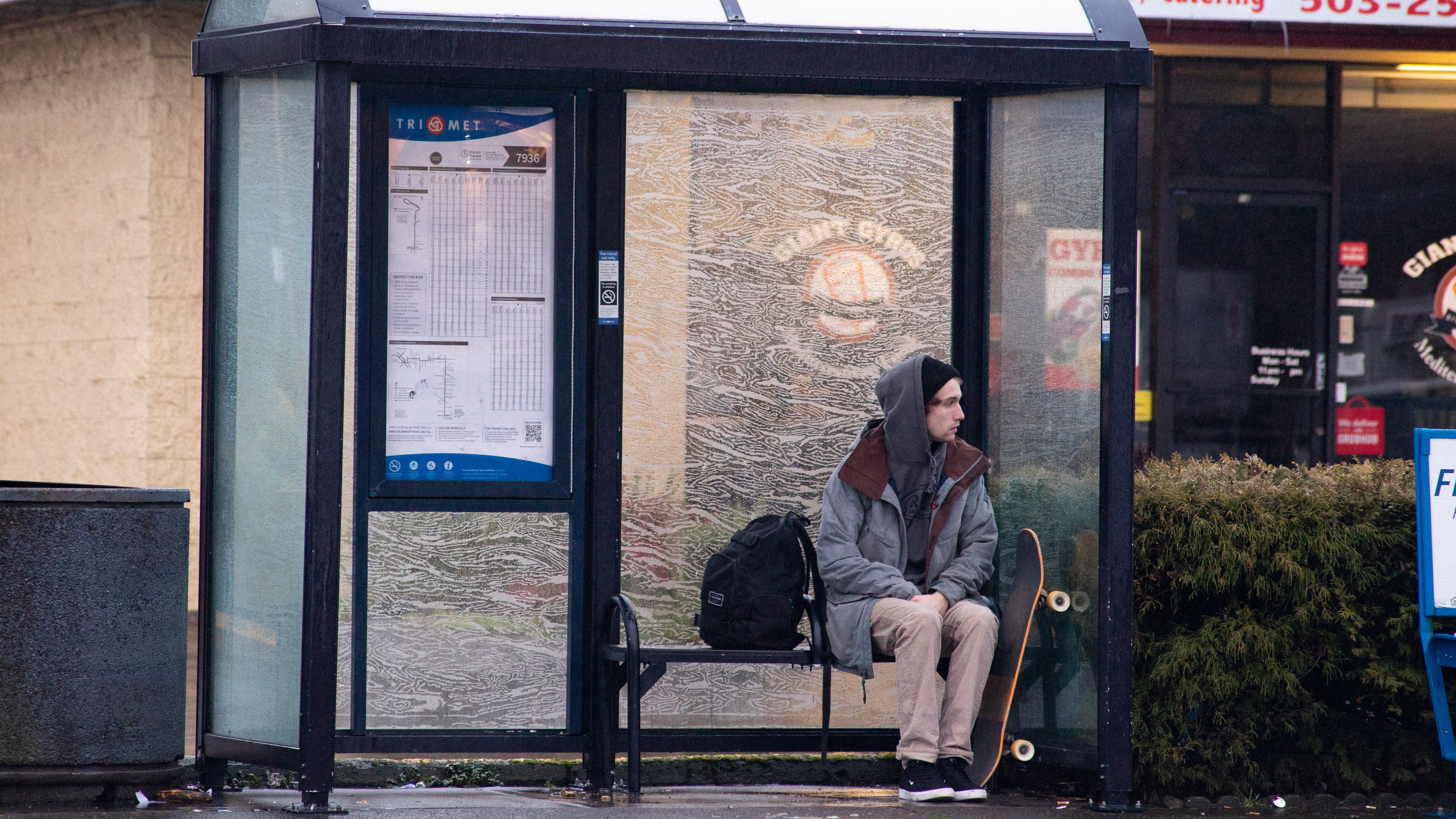The city official charged with establishing district-based offices for the 12 future members of the Portland City Council delivered a grim update earlier this week on securing appropriate spaces as the city barrels toward a new form of government.
The city’s manager of asset management, Maty Sauter, laid out on Tuesday the difficult reality of setting up City Council offices in the four newly drawn geographic voting districts. Sauter delivered the gloomy news to a citizen committee that’s advising the city on the government transition.
Sauter explained two stubborn problems. First, she and her team are struggling to find viable space to set up offices east of Interstate 205 in District 1. The irony was not lost on Sauter: A primary reason Portlanders approved a 2022 ballot measure overhauling Portland’s form of government was to make City Hall more representative of, and responsive to, citizens living in East Portland.
“Where we’re really getting into trouble is District 1. This entire conversation probably sprouted because individuals in District 1 don’t always feel like they have a lot of access to downtown spaces,” Sauter said. “Indeed, we’re finding a lot of trouble locating a space in that area.”
The second problem faced by Sauter’s team is more technical: the city’s fiber network.
Sauter explained that City Hall’s security system—including security officers, security cameras and badge access—is connected and made possible by a fiber network strung above the streets like phone lines and running underground. Installing a security system in each of the new geographic districts that links back to the one at City Hall would require an intense expansion of city government’s current fiber network capabilities. (Having a linked security system ensures a quicker and more robust emergency response system.) Building out fiber network infrastructure requires city crews digging trenches in the ground.
“You’re taking a security profile that’s already very difficult to service, and then you spread it all over the city,” Sauter explained. “That quintuples, when you add City Hall, the number of security officers and security cameras that have to be on the city’s fiber network. If they want to have real-time response and monitoring, you have to be on the network. And that just pushes the cost way up.”
Sauter’s team conducted a survey of 37 other cities that have geographic representation. None, she said, has district-based offices “because of the exact same reason we’re honestly not wanting to pursue them.”
Sauter, who made it clear that the city is “on a ticking clock” when it comes to making decisions about district offices, later added: “Given the fact that so few other cities do this, I think it’s worth asking ourselves, what were we really trying to accomplish with this? Was it a specific demographic, a specific geography, that felt like it couldn’t access what was downtown? Was it a specific frustration?”
The slide presentation made to the advisory committee on Tuesday noted that “current internal [cost] estimates are very high” for establishing district offices, “both one-time and ongoing.” The city’s Office of Management & Finance and the government transition team did not immediately provide those cost estimates to WW.
For nearly a year now, Sauter and other city employees handling the transition have warned the City Council that the two-year transition is a big ask, and one that will involve many unforeseen expenses—including those incurred by setting up district offices. Despite those warnings, the City Council has asked that the transition team establish district-based offices before the new 12-member City Council takes office on Jan. 1, 2025.
Sauter says that in recent weeks she’s shared the difficulty and costs of setting up security in new district offices to the City Council, the majority of whose members—most vocally Commissioners Mingus Mapps, Rene Gonzalez and Dan Ryan—have complained about the rising costs of the government transition.
But Sauter warned that those costs would rise if they wanted adequate security in the district offices. (The safety of public officials has been a topic of conversation this month after Gonzalez announced he would be taking a break from riding public transit after he was “accosted” by a woman on a TriMet bus about his politics. He asked for “a security solution to these targeted attacks.”)
Sauter asked what level of security was acceptable for elected officials in district offices. “Essentially, what do you want to leave these new entrants with? Do you want them to just have a card table at the Kenton Firehouse,” Sauter said on Tuesday, “or do you want them to have a facility that has the same level of security assuredness that you have downtown?”
